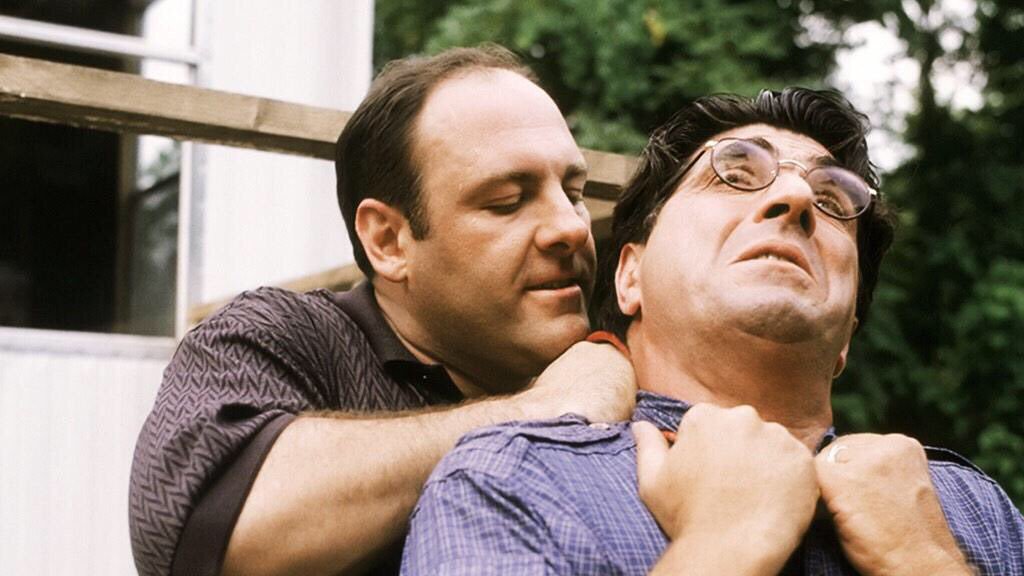DISCERNING HURTS

In the last episode of BrojidStepUp, I emphasized that you shouldn’t allow offences fester. But how do you deal with an offence that you have not even discovered? No way! That’s why today, I want to share with you how to discern that you have offended someone.
There are people who will never open up when they get offended. They will just keep quiet and pretend that all is well either to silently deal with you or to break your relationship with them. This set of people make it difficult to discern hurts and even sooth the pains. If you encounter people like that, there is very little you can do, because you can’t coerce them to speak up. However, you can look out for nonverbal clues that can point to you how they feel and when you get a clue, you can ask them and even chivy them to get the information you need.
Some may not be able to verbalise their hurt; but will demonstrate it in their action and attitude. This is more likely in women, children and your subordinates. Women are generally emotional and when they have respect for you, they won’t verbally attack you for offending them. Their mood often changes and they may even cry instead of relating to you. Children and subordinates may be reluctant in expressing how offended they are simply because you are their boss and they may be scared of telling you in your eyes that they are offended by your action or words. But you can also discern your offence in their change of attitude and behaviour, no matter how small it is.
You may wonder if I am saying you should do nothing but get busy reading people and trying to discern how you may have wronged them. No! That’s not what I am saying. My emphasis is that you should train yourself to be sensitive enough to know when everything is not well with people you interact with, especially on regular basis. I have found that people are more important than machines and researchers into human behaviour have found that human beings are very complex to manage. That’s why I do my best to recognise any slightest change in the attitude and behaviour of people I work with on regular basis or live with so that I either seek a way of reconciliation or take cover for my life.
As soon as you notice a change of attitude or mood, make every possible effort to find out the reason especially to discern whether you are responsible or not. Why I say you should make every effort possible is because for some people, finding out what’s wrong with them is almost like squeezing out water from stone. Ask questions and when they shrug and say, “Nothing o, I am just being me”, tell them that it’s their new self and you are not comfortable with it. Persist until you find out what you did wrongly.
Now, there are times when such change in attitude and behaviour is no fault of yours. It’s just the way they are or something else is responsible. Just endeavour to find out. If it’s any fault of yours, please apologise and when it’s not, see how you can help them get back to normal. You see, making effort to find out what may be responsible for change of attitude of people you work with does no harm; instead, it has advantages. It helps you discern whether you are at fault and when you are not, you can at least be of help to them which helps you build bond with people you work with or that matter in your life.
Most men will come direct to say how offended or hurt they are. They will present the offences as it is. In that case, please apologise. Please, keep your explanation to yourself and apologise. He is hurt and doesn’t need to hear how he caused it; apologise first. When you are done with that, you can start talking about how the offence came about. It’s only after the apologies that you can now look at the cause of the offence and how to avoid a repeat of it.
My point?
Sometimes, hurts are not obvious and your duty is to work hard at discerning them. When you notice changes in the behaviour of people, it could be a pointer to their reaction to your offence. Put in your best to decipher the offence. When you do, do your best to remedy the situation.
PS: You can learn more on this subject from my 10-Minutes podcasts, Reacting to People’s Hurts & Offences ; The Power of Forgiveness & Making Forgiving Easier






